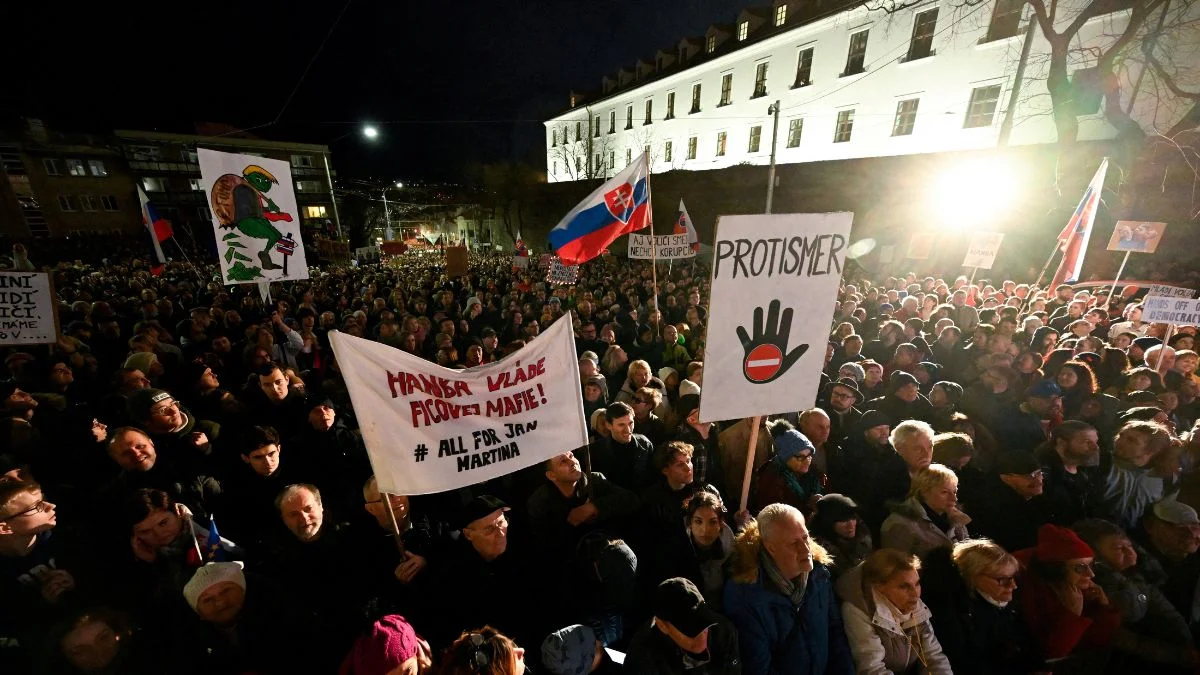Slovakia’s Constitutional Court has intervened to halt significant aspects of the government’s proposed criminal law overhaul, which aimed to reduce penalties for offences like corruption and fraud. While parts of the reform have been blocked, the court’s decision allows the contentious plan to abolish the Special Prosecutors’ Office (USP) to proceed.
This move follows objections from Slovakia’s liberal president and opposition, alongside concerns raised by the European Commission and the European Prosecutor’s Office. Critics argue that the reforms were rushed through parliament without sufficient debate and could lead to leniency for financial crimes, as well as prematurely ending ongoing investigations due to shortened statutes of limitations.
President Zuzana Caputova welcomed the court’s decision, describing it as a victory for democracy and the rule of law. She emphasised the importance of checks and balances, reassuring Slovak citizens and international partners about the protection of European taxpayers’ interests.
Prime Minister Robert Fico’s coalition government, which championed the reforms, faced criticism for its perceived political bias and its alleged targeting of high-level corruption cases. Fico, however, expressed satisfaction with the court’s decision to eliminate the Special Prosecutors’ Office, citing his personal grievances with its alleged bias against his party.
The fate of approximately 1,000 pending court cases hangs in the balance as the Special Prosecutors’ Office is set to be dissolved. Caputova had warned that this move could lead to delays in the judicial process as cases are redistributed among other prosecution branches.
The Constitutional Court’s ruling effectively postpones the implementation of the affected parts of the reform, pending further deliberations that could span several months. This swift action by the court aims to prevent the reforms from taking effect prematurely, ensuring thorough consideration of their implications.
The decision underscores the significance of judicial oversight in safeguarding democratic principles and upholding the rule of law, particularly in contexts where governmental actions may impact fundamental rights and legal procedures.


